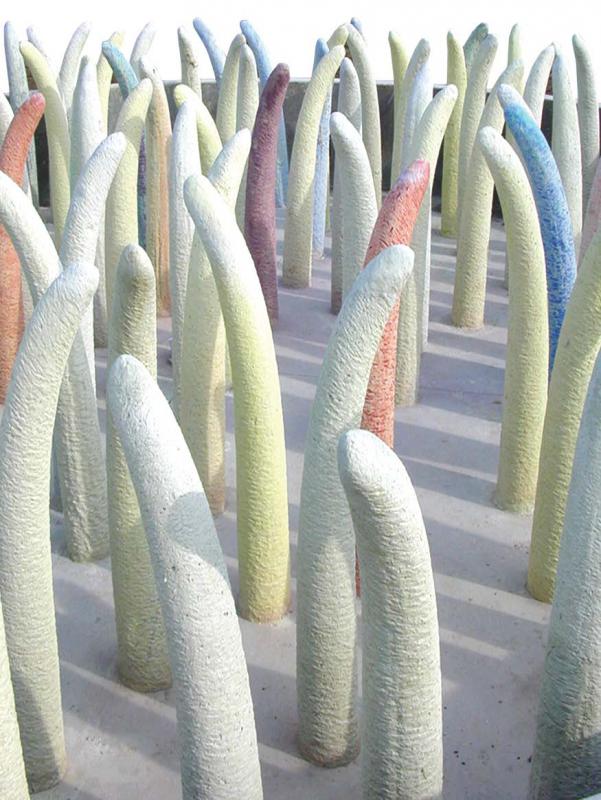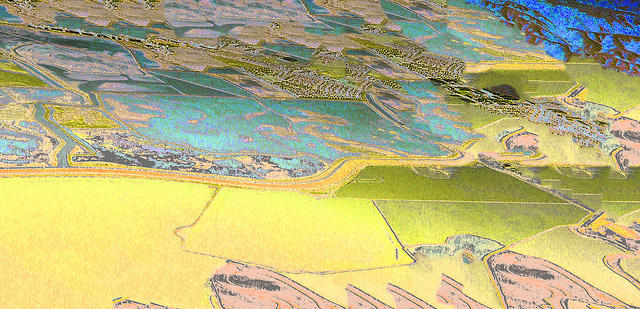Serendip is an independent site partnering with faculty at multiple colleges and universities around the world. Happy exploring!
Classroom EcologiesD
| Classroom |
|
Ecologies |
|
A bird sanctuary, |
|
If the liberal arts behaved more like ecology, and less like our human Querying the “Natural”: In such a context, what new shapes might our teaching and learning take, In Class/Out Classed: In the middle ages, European monastic communities preserved learning Women in Walled Communities: Silence, Voice, Vision
|
|
We tell a different story, one that identifies the liberal arts as a political-and-spiritual cell culture, a hive of resistance groups with the capacity to challenge the leading paradigms in American education. We do so by tracking the chaotic and unpredictable, both unconscious and environmental, as deeply educative, creative, stretching our zone of the possible. Where else is this kind of work/play is happening: how broadly can we construe "classrooms"? Crafting Sustainable Teaching Practices Transition and Location: On Leaving Home, In Search of a Place of Understanding We explore classrooms as testing grounds, paradoxically boxed-in spaces that cannot keep their promise to enclose, categorize, or name, and thus can become productive of conditions ripe for breaking through to experiences of reality, to the piercing that is possible in the intensity and instability of border ecologies.
|







Comments
Post new comment